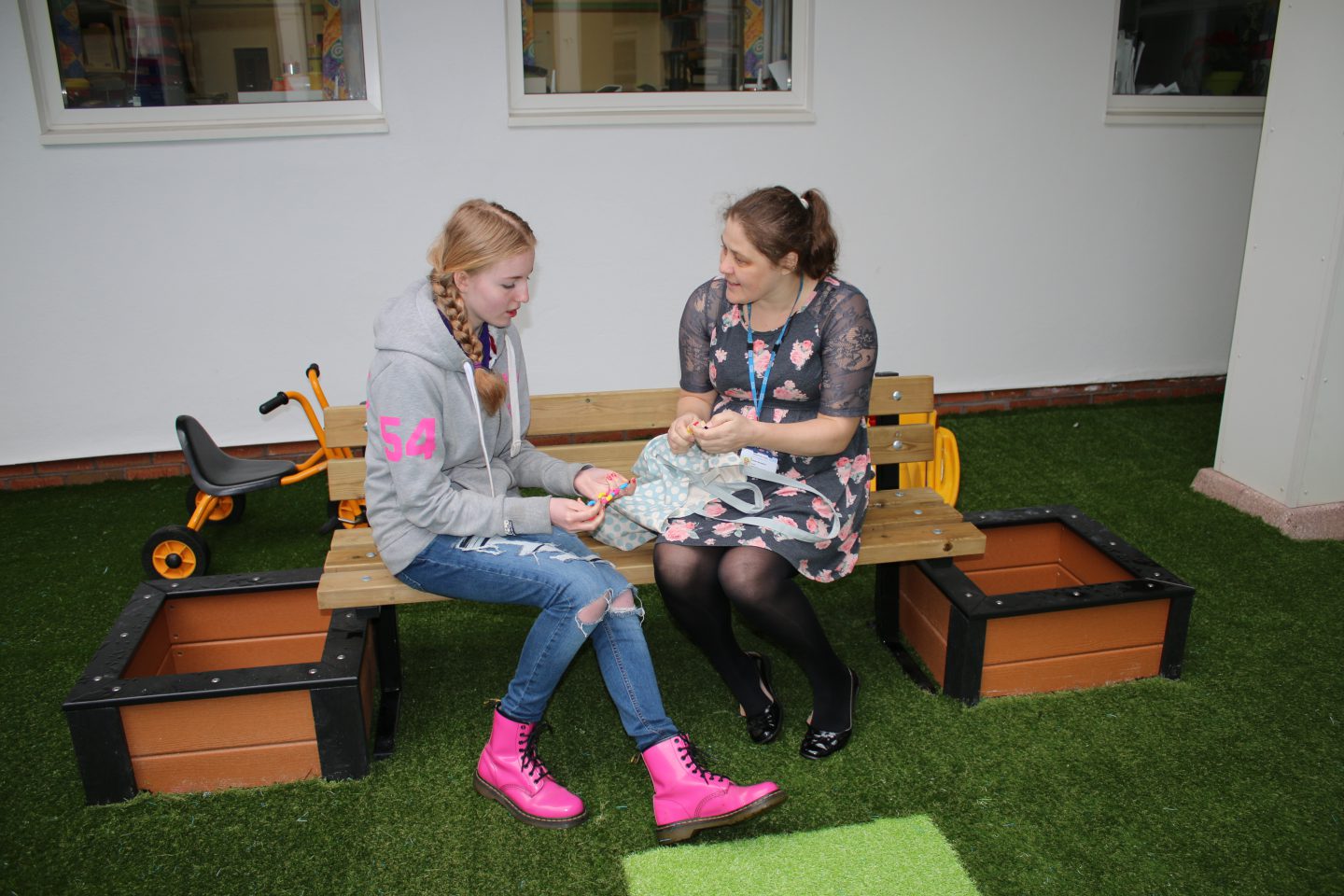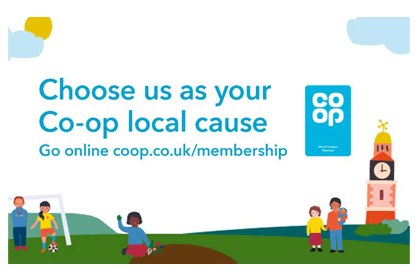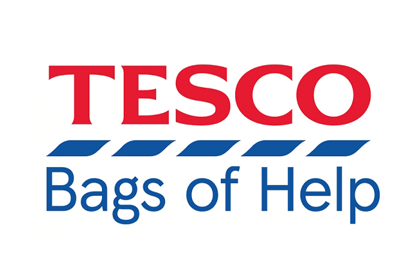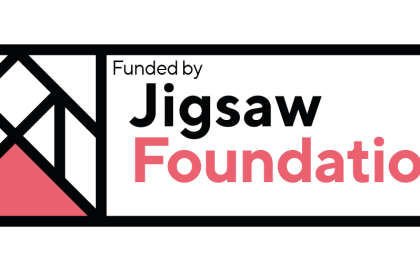
Today marks the beginning of Mental Health Awareness Week and this year the theme is body image. More than ever, children and young people are experiencing difficult emotions because of a negative perception of their body’s appearance. Body image issues can be a major factor in the development of mental health conditions such as eating disorders, anxiety, depression, and more.
Since 2014 MedEquip4Kids has provided resources for Child and Adolescent Mental Health Services (CAMHS) throughout the UK that are no longer available from overstretched NHS funding. These resources include sensory toys, books, games, and communication aids to help young people to express and understand their feelings. Our list of books includes titles specifically aimed at tackling eating disorders.
Dr Samantha Hartley, Senior Clinical Psychologist, says: “The items are being well used already and we are looking at ways to enhance this further. So far we have used the soothing and fidget items in our Dialectical Behaviour Therapy skills group. Young people have especially valued the rubix cubes!”
“We used these items to support young people to stay in the group. Often they are too anxious to attend when they first arrive and having something to fidget with in group can help relieve some of that anxiety. We have also used these as part of a mindfulness exercise in group. The young people in these groups typically have difficulties with regulating their emotions and managing relationships, alongside self-harm and eating difficulties.”












